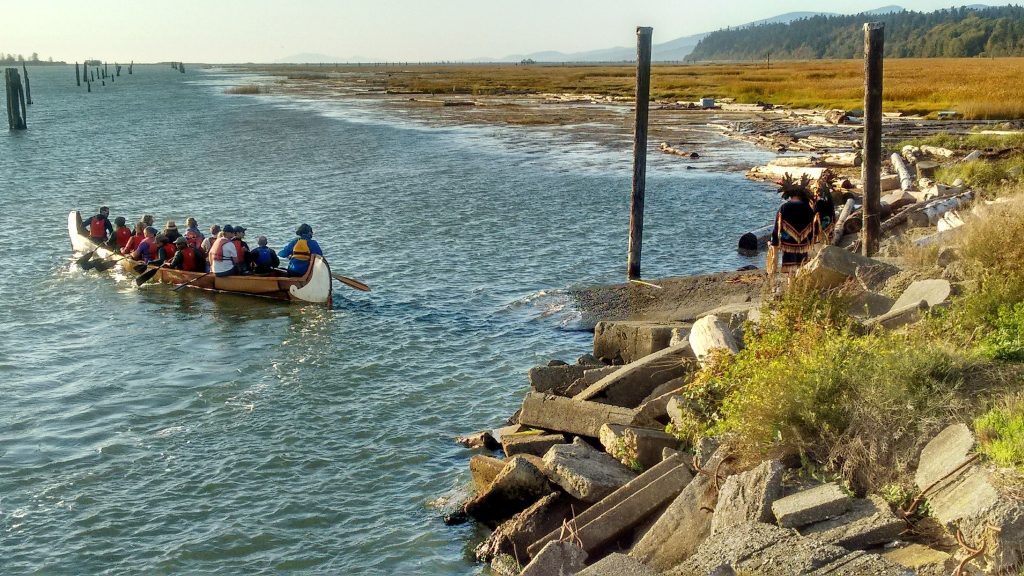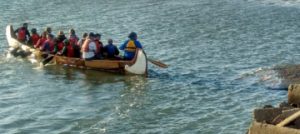Ecotourism: A Community-led Model for Success
My work at Tides Canada, the largest intermediary foundation in the country, positions me uniquely in the simultaneous worlds of community and funders. Working with communities to scope out opportunities for impactful philanthropic projects that meet community-sourced needs through community-led solutions is an approach which has demonstrated success in building trust and deep relationships between funders and grantees. Structuring funding mechanisms with strategic partners to see the project through from inception to completion, or to sustain it in perpetuity depending upon the case, only furthers this relationship. Our work as an organization has led to a wide range of initiatives across Canada to form in this community-led way, the latest opportunity being an exciting new foray into ecotourism.
In late 2017, a donor of Tides Canada conceived the idea of using our unique model to build a new collaborative granting program designed to advance ecotourism in Indigenous communities across Canada. The donor committed to fund a significant portion of the work and give to the fund, but first we needed to figure out whether this was a needed opportunity, where the needs existed, how the needs tied to philanthropy, and how such a program could be funded.
Over the next year we began working with communities where our relationships exist, to inquire about work in the ecotourism space. As it turns out, the conversation was incredibly timely for communities in geographies across Canada, particularly on British Columbia’s central and north coast.
After meeting with communities, we took our work to select philanthropists to get their feedback on the next steps to build an impactful program in ecotourism. Their advice was to dive deeper into the work, to build networks where the most viable projects existed, and to invite a broader network of funders and partners to the table to engage in the process of building this new program. We took the advice and ran with it.

In November 2018, we held the Indigenous-led Ecotourism Summit in Port Hardy at BC’s Kwa’lilas Hotel—a successful Indigenous owned and operated tourism business—with invited community and prospective funding partners over two days of facilitated discussions to define the need for the program. The group defined three key areas of need to attract a diverse range of funders that could support the work:
- Language, arts, and culture
- Skills training
- Community economic development
Based upon the above defined areas, Tides Canada held a webinar attended by 30 participants – mostly prospective funders – in December 2018 to discuss the highlighted areas and hear directly from community leaders working in the space about why these areas were critical for the success of these projects.
Following the webinar, our team at Tides Canada has been hard at work to take the feedback we’ve heard and begin sourcing a recommended pilot project to build a structure around. By testing our assumptions and building a coalition of funders to see the first part this program through, we hope to build a full-scale national program that can deliver exciting new community-led opportunities from coast to coast to coast.
Organizations can gather from this experience, that knowing all of the answers is not possible or necessary for success, instead, handing control to those who will benefit from the work empowers better decision-making, outcomes, and relationships. As fundraisers, we can demonstrate that by bringing community to the decision-making table, we will raise more money from more sustainable partnerships over the long-term while building the reputations of ourselves and our organizations as trusted friends of the communities we help to support.







